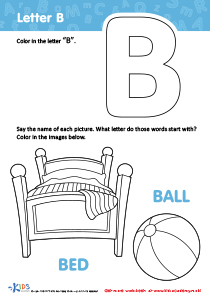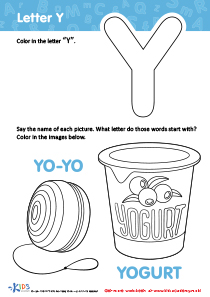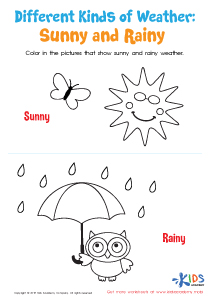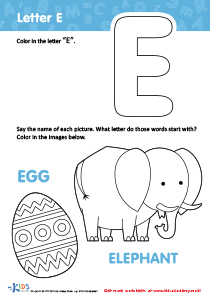Normal Matching and Sorting Quizzes for Ages 4-6
1 results
1 filtered results
Clear all filters1 filtered results
-
From - To
Discover the joy of learning with our Normal Matching and Sorting interactive assessment quizzes, specially designed for children aged 4-6. These engaging quizzes not only test knowledge but also provide immediate feedback, helping little learners understand basic matching and sorting concepts in a fun and interactive way. Perfect for young minds eager to explore patterns, shapes, and relationships, our quizzes are crafted to build foundational skills in a supportive environment. Dive into our Normal Matching and Sorting quizzes today and watch your child's confidence and cognitive abilities grow, one exciting challenge at a time!
In the formative years of childhood, the foundation of learning is laid through interactive and engaging methods that captivate young minds. One such innovative approach comes in the form of Normal Matching and Sorting quizzes, specifically designed for children aged 4-6. These quizzes are not just games; they are carefully crafted educational tools that play a crucial role in the cognitive development and academic readiness of children. Let's delve into how these quizzes can be incredibly beneficial to children in their studies and overall growth.
Firstly, Normal Matching and Sorting for Ages 4-6 introduces children to the concept of categorization and recognition. Through the simple yet stimulating activity of matching objects, children learn to identify similarities and differences among various items. This skill is fundamental in the development of logical thinking and problem-solving abilities. As children sort objects based on different criteria such as color, shape, or size, they enhance their observational skills and begin to understand the basics of classification—a key concept in math and science.
Moreover, these quizzes foster language development. As children engage with the quizzes, they are exposed to new vocabulary and concepts. Whether it’s sorting animals by their habitats or matching items with their corresponding shadows, the verbal instructions and feedback provided help in expanding their language skills. This linguistic enhancement is crucial for reading comprehension and communication, laying the groundwork for success in all subjects.
Another significant benefit is the enhancement of fine motor skills through the interactive nature of Normal Matching and Sorting for Ages 4-6. The act of dragging and dropping items to match or sort them not only makes the quizzes engaging but also aids in the development of hand-eye coordination. This skill is essential for writing, an integral part of school life. Additionally, these quizzes offer immediate feedback, allowing children to learn from their mistakes and understand concepts more clearly, thereby boosting their confidence and fostering a love for learning.
Importantly, these quizzes also promote independence and self-directed learning. With intuitive interfaces designed for young children, they can navigate through the quizzes on their own, making decisions and solving problems without constant adult supervision. This independence in learning encourages curiosity and a sense of achievement that motivates children to explore further and embrace challenges.
Furthermore, Normal Matching and Sorting for Ages 4-6 are incredibly versatile tools that can be adapted to the learning pace and interests of each child. Whether a child is fascinated by the animal kingdom or enchanted by the world of shapes and colors, these quizzes can cater to diverse interests, making learning personalized and more effective.
In conclusion, Normal Matching and Sorting quizzes for Ages 4-6 are much more than just child's play. They are an amalgamation of fun and learning that supports critical developmental milestones in children's early years. By honing cognitive skills, language development, fine motor abilities, and fostering independence, these quizzes prepare children not just for academic success but for a lifelong journey of curiosity and learning. As such, they are an invaluable resource for parents and educators looking to enrich the educational experiences of their young learners.











